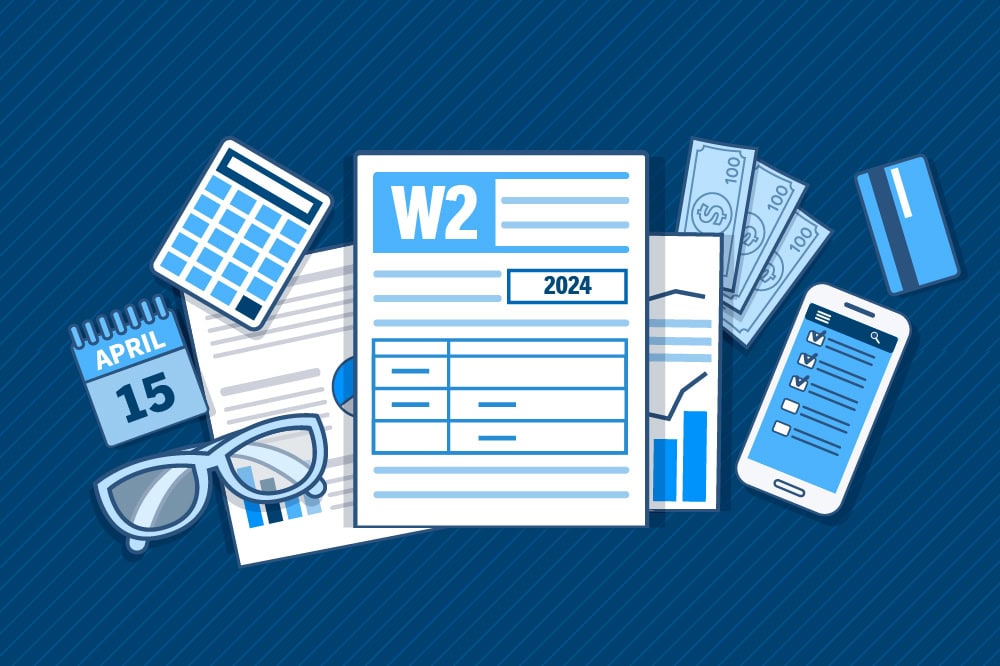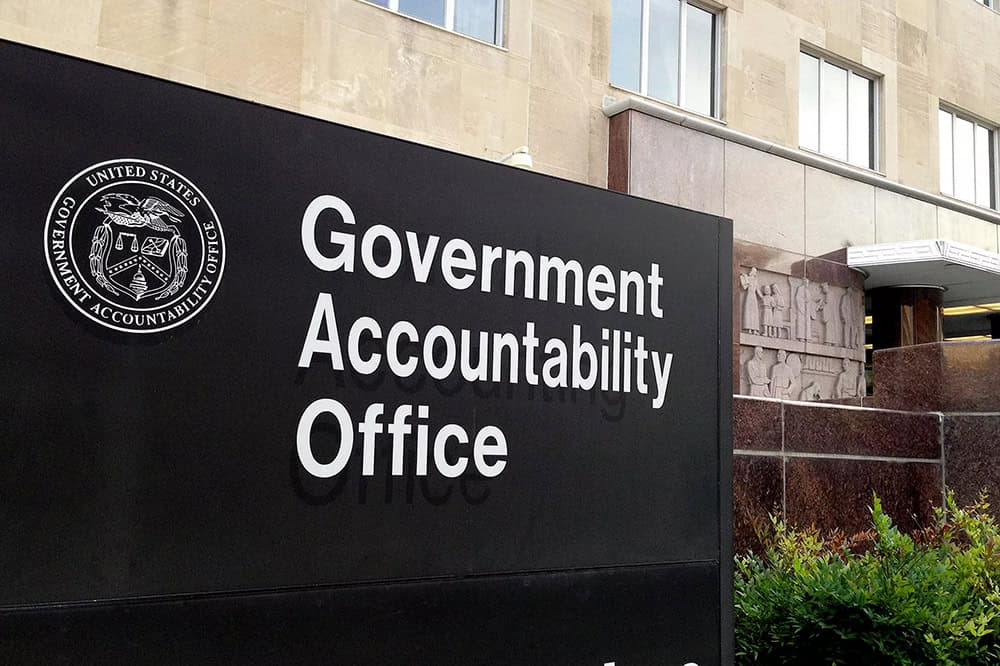Fed Chair Powell: It’s Past Time to Address Our National Debt
Last Updated February 5, 2024
Federal Reserve Chair Jerome Powell, speaking in an interview for 60 Minutes, said that now is the time to start addressing our $34 trillion and rising national debt:
The U.S. federal government is on an unsustainable fiscal path. And that just means that the debt is growing faster than the economy. . . . I think the pandemic was a very special event, and it caused the government to really spend to ward off what looked like very severe downside risks. It's probably time, or past time, to get back to an adult conversation among elected officials about getting the federal government back on a sustainable fiscal path.
Powell emphasized that fiscal policy falls squarely in the domain of elected federal policymakers in Congress and the White House, but expressed his view that the national debt is a long-term threat to the economy, and “sooner's better than later” when it comes to addressing the debt’s structural drivers.
Last year, in its annual financial report, the Treasury emphasized that delaying fiscal policy reform is costly, noting that the lawmakers act earlier to address the growing national debt, “the required changes to revenue and/or spending will be smaller to return the government to a sustainable fiscal path.”
Lawmakers on both sides of the aisle have growing concern about our rising debt, and there is momentum on Capitol Hill for the creation of a bipartisan fiscal commission.
“We're borrowing from future generations,” Powell said. “And every generation really should pay for the things that it needs.”
Below is the transcript from Powell’s full interview with 60 Minutes’ Scott Pelley, and the portion that aired can be viewed here.
PELLEY: How do you assess the national debt?
POWELL: We mostly try very hard not to comment on fiscal policy and instruct Congress on how to do their job when actually they have oversight over us. So, the national debt doesn't play a big role in our thinking. Doesn't play any role, actually, in our thinking. When Congress does deficit spending, that can be stimulative, that goes into our models. But we don't — it's not our role at all to be a judge of fiscal policy in any way.
PELLEY: But is the national debt a danger to the economy in your review? You are this country's central banker.
POWELL: So, it, I would say this. In the long run, the U.S. is on an unsustainable fiscal path. The U.S. federal government's on an unsustainable fiscal path. And that just means that the debt is growing faster than the economy. So, it is unsustainable. I don't think that's at all controversial. And I think we know that we have to get back on a sustainable fiscal path. And I think you're starting to hear now from people in the elected branches who can make that happen. It's time that we got back to that focus.
I think the pandemic was a very special event, and it caused the government to really spend to ward off what looked like very severe downside risks. It's probably time, or past time, to get back to an adult conversation among elected officials about getting the federal government back on a sustainable fiscal path.
PELLEY: I have the sense this worries you very much.
POWELL: Over the long run, of course it does. You know, we're effectively — we're borrowing from future generations. And every generation really should pay for the things that it, that it needs. It can cause the federal government to buy the things that it needs for it, but it really should pay for those things and not hand the bills to our children and grandchildren.
I think this is, again, not controversial. But it's difficult from a political standpoint. It's not our business, really. But I do think it's pretty widely understood that it's time for us to get back to putting a priority on fiscal sustainability. And sooner's better than later.
PELLEY: Urgent?
POWELL: You could say that it was urgent, yes.
Photo by Anna Moneymaker/Getty Images
Further Reading
Infographic: How the U.S. Tax System Works
One issue that most lawmakers and voters agree on is that our tax system needs reform.
How Does Government Healthcare Spending Differ From Private Insurance?
Government insurance programs, such as Medicare and Medicaid, made up 45 percent, or $1.9 trillion, of national healthcare spending.
National Debt Could More than Double the Size of the Economy
GAO’s findings add to a chorus of nonpartisan evidence and analysis showing that action is needed to improve our fiscal outlook.


